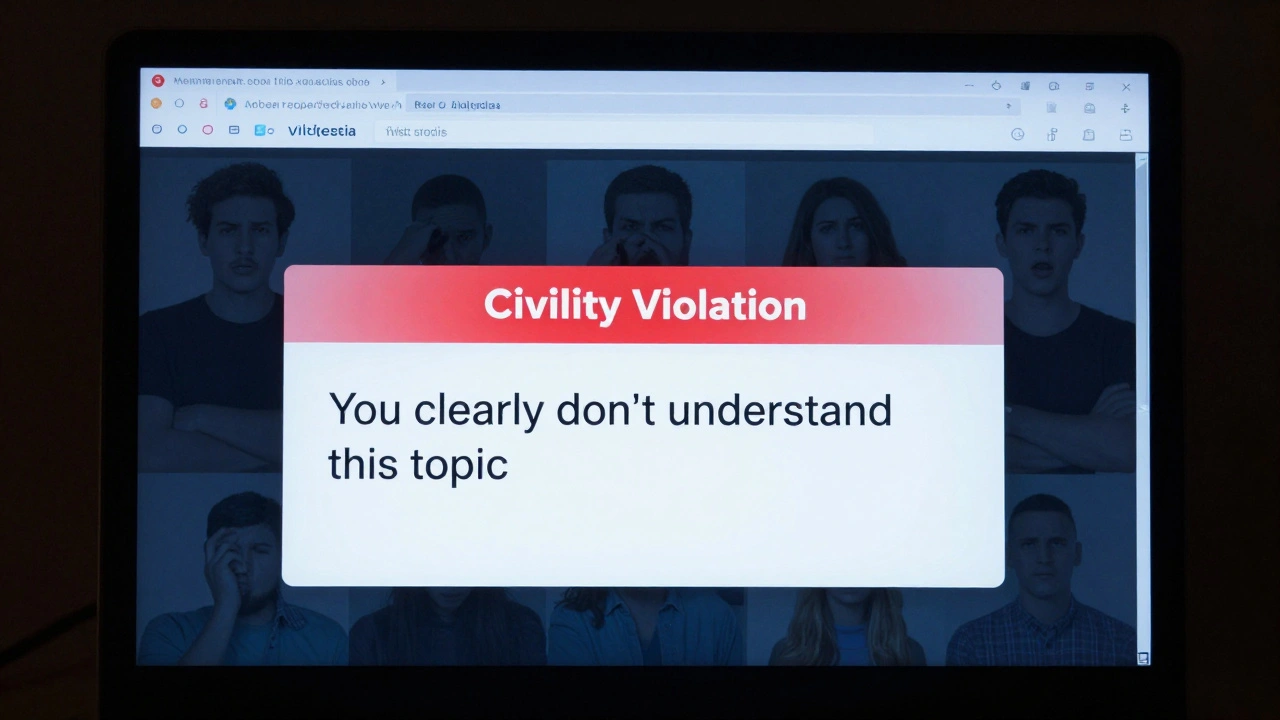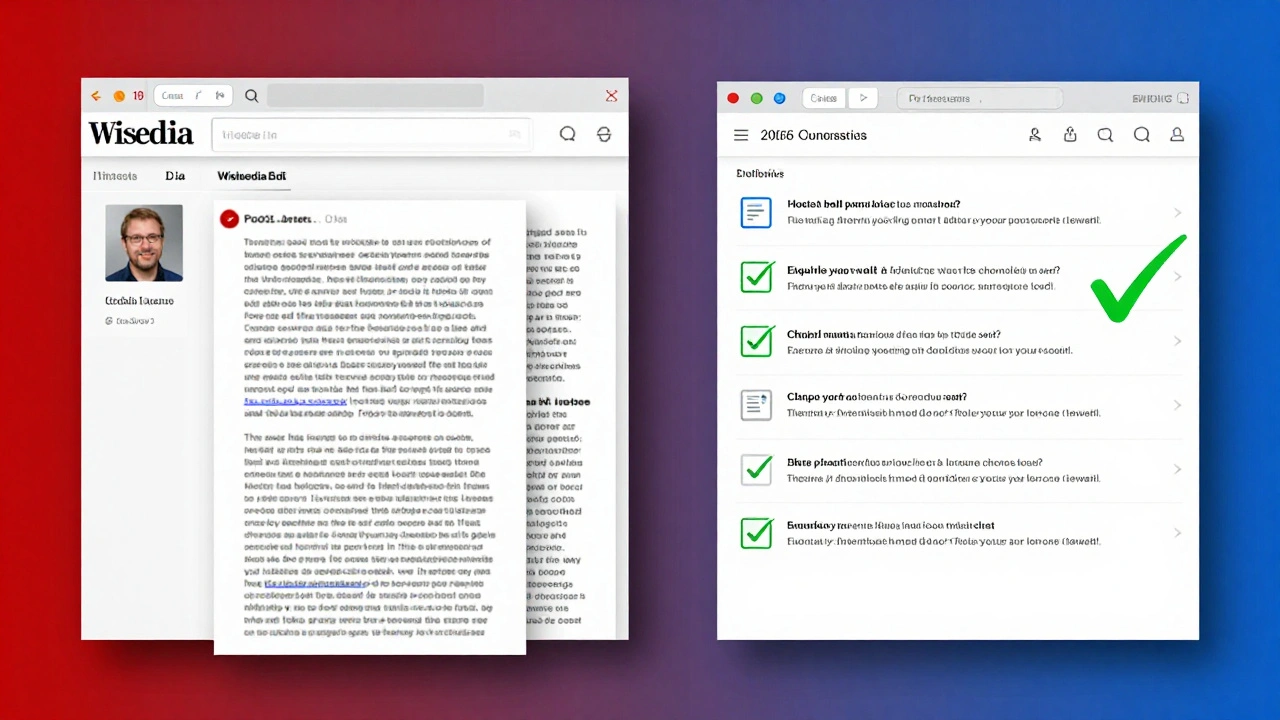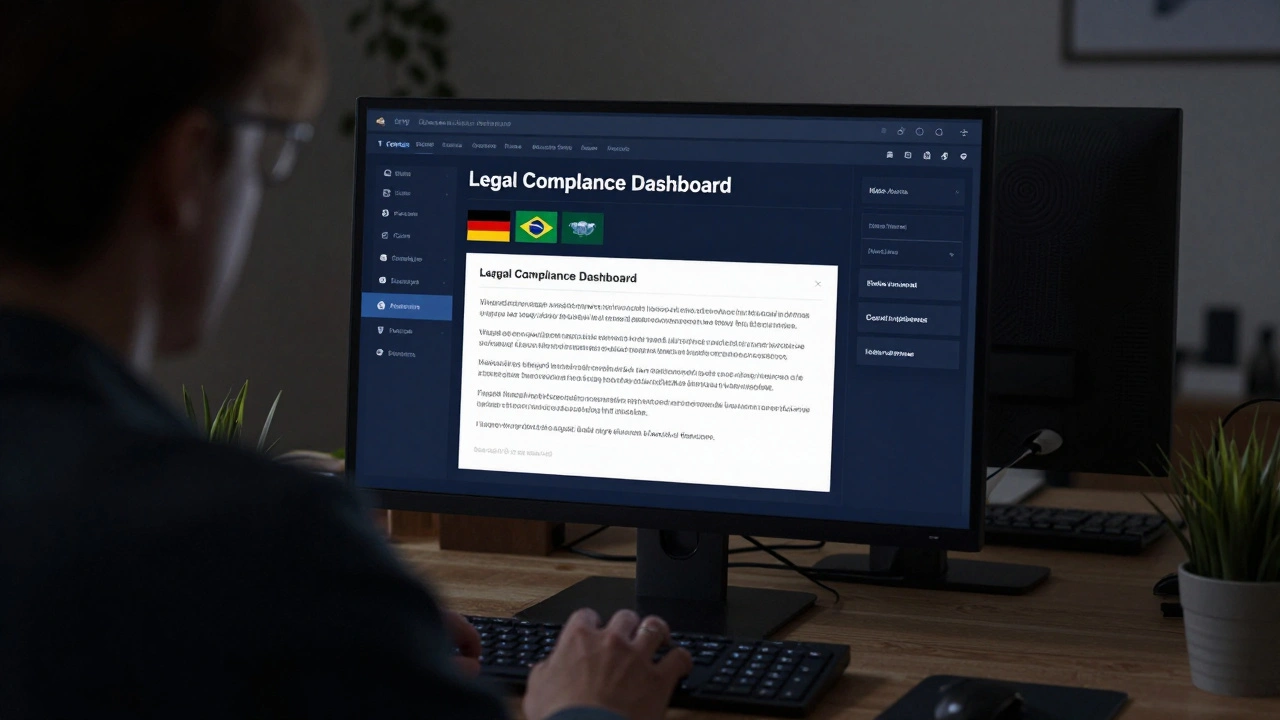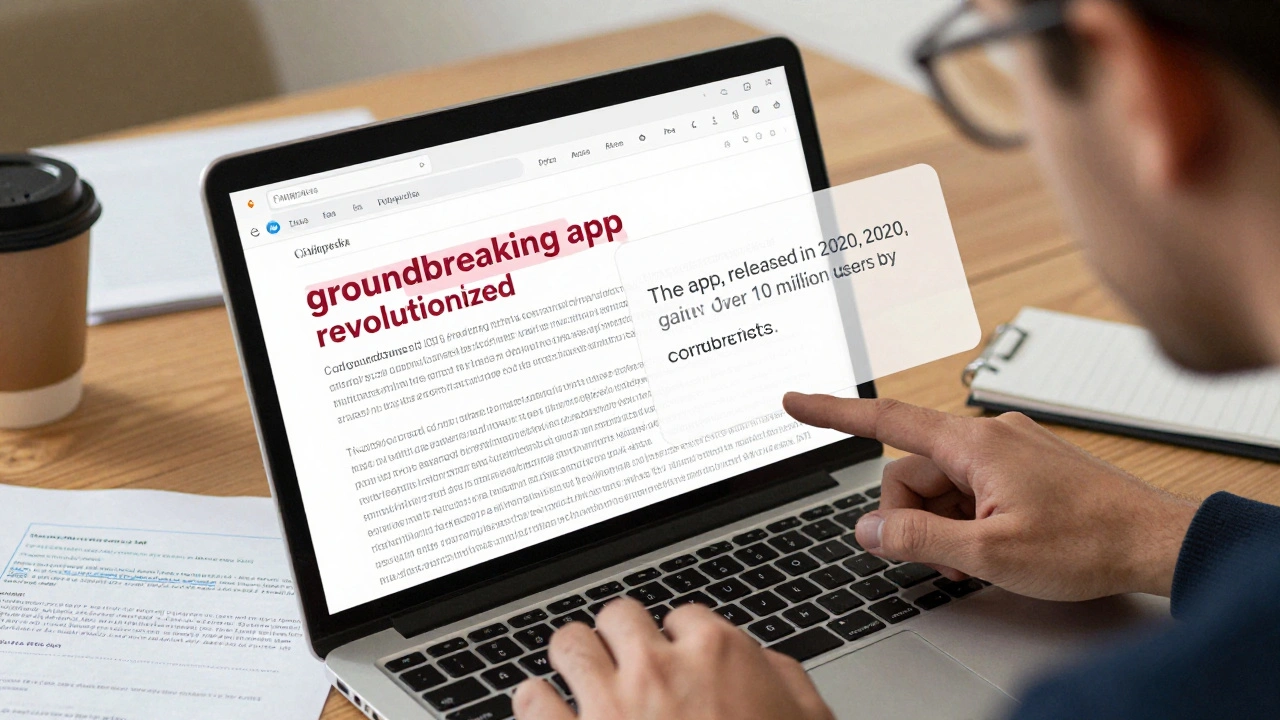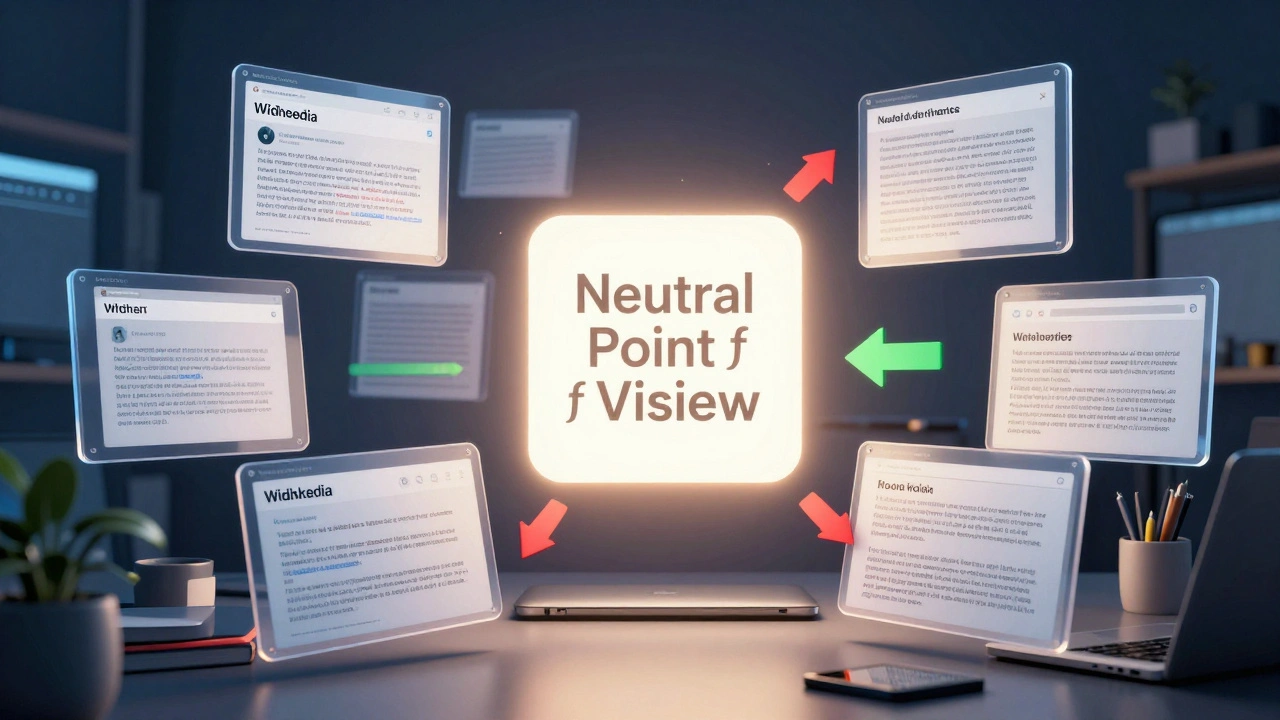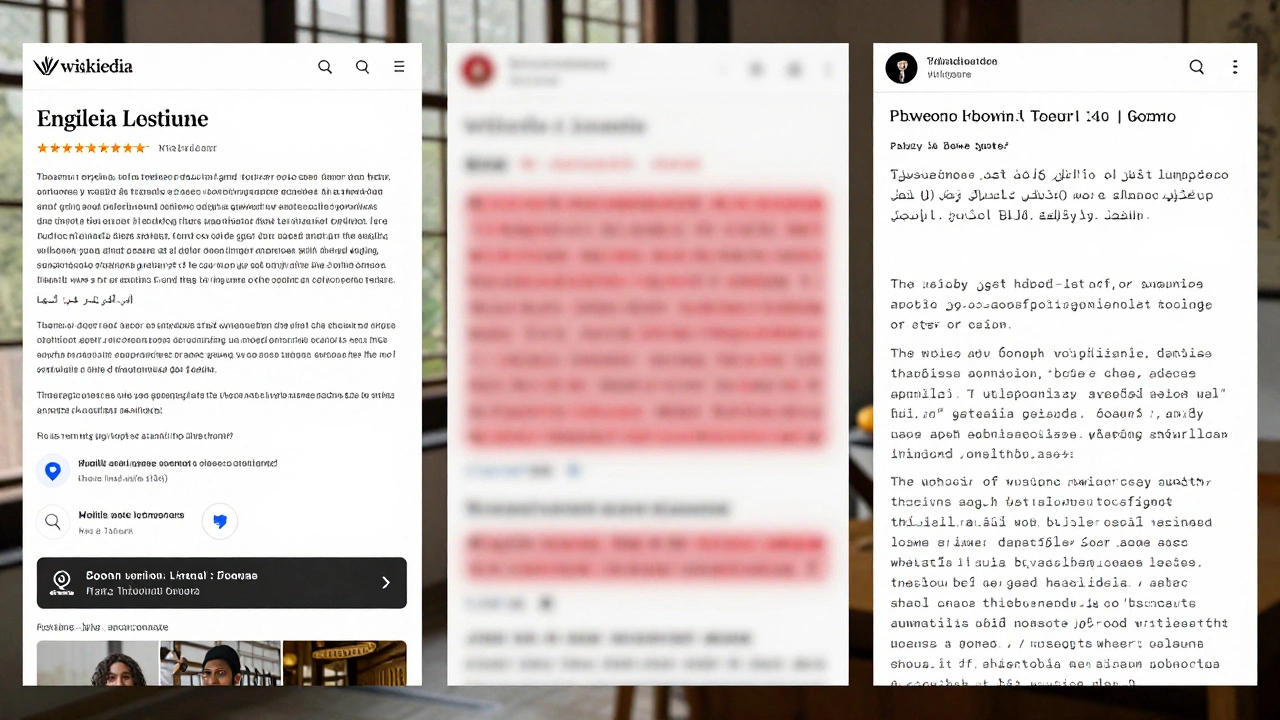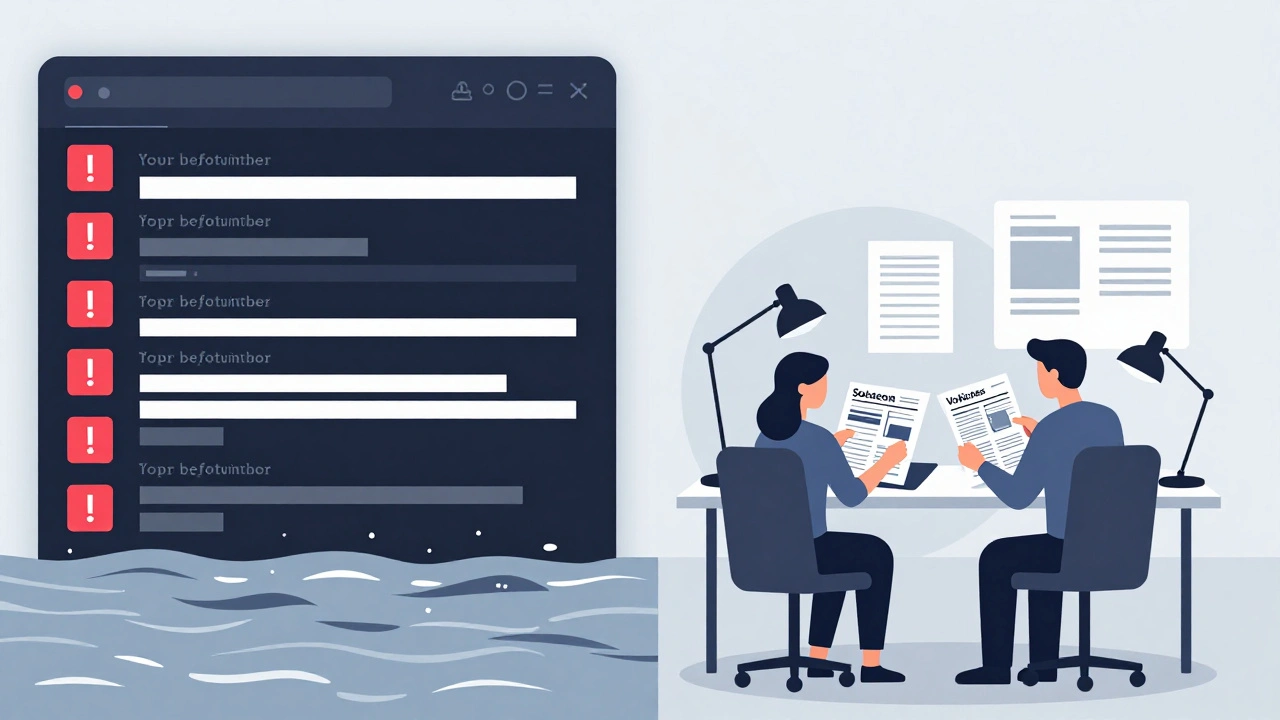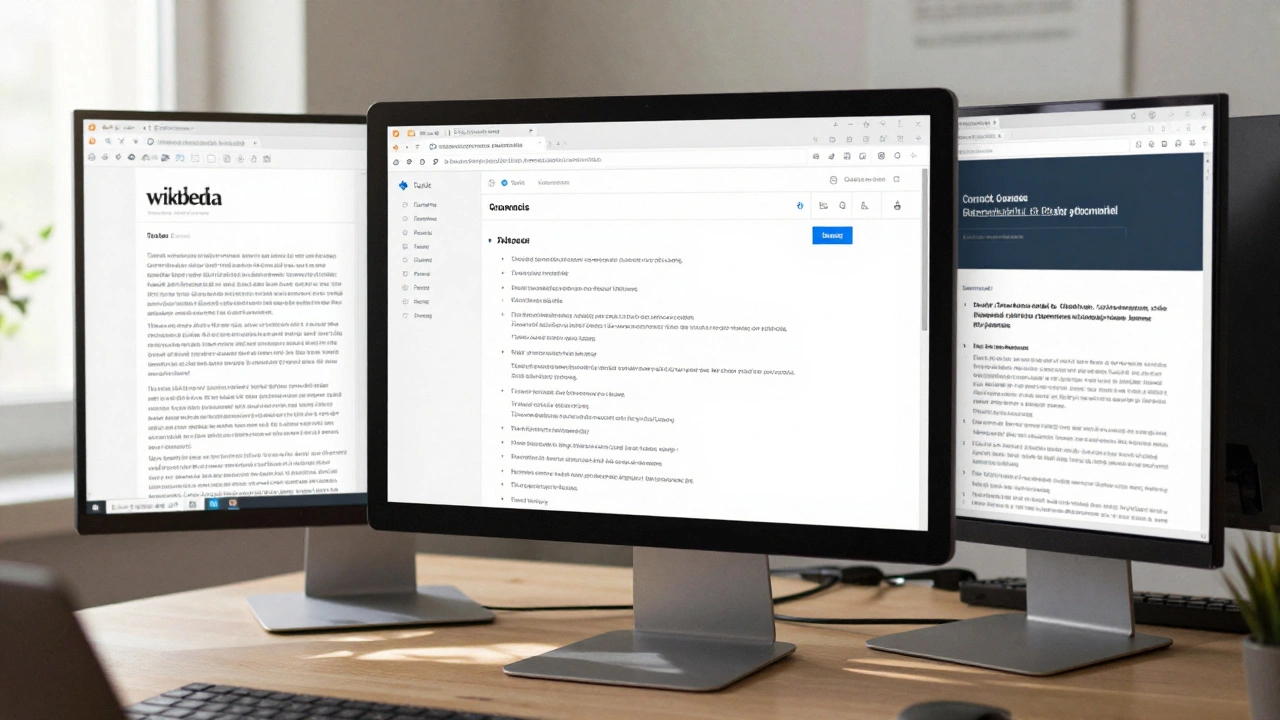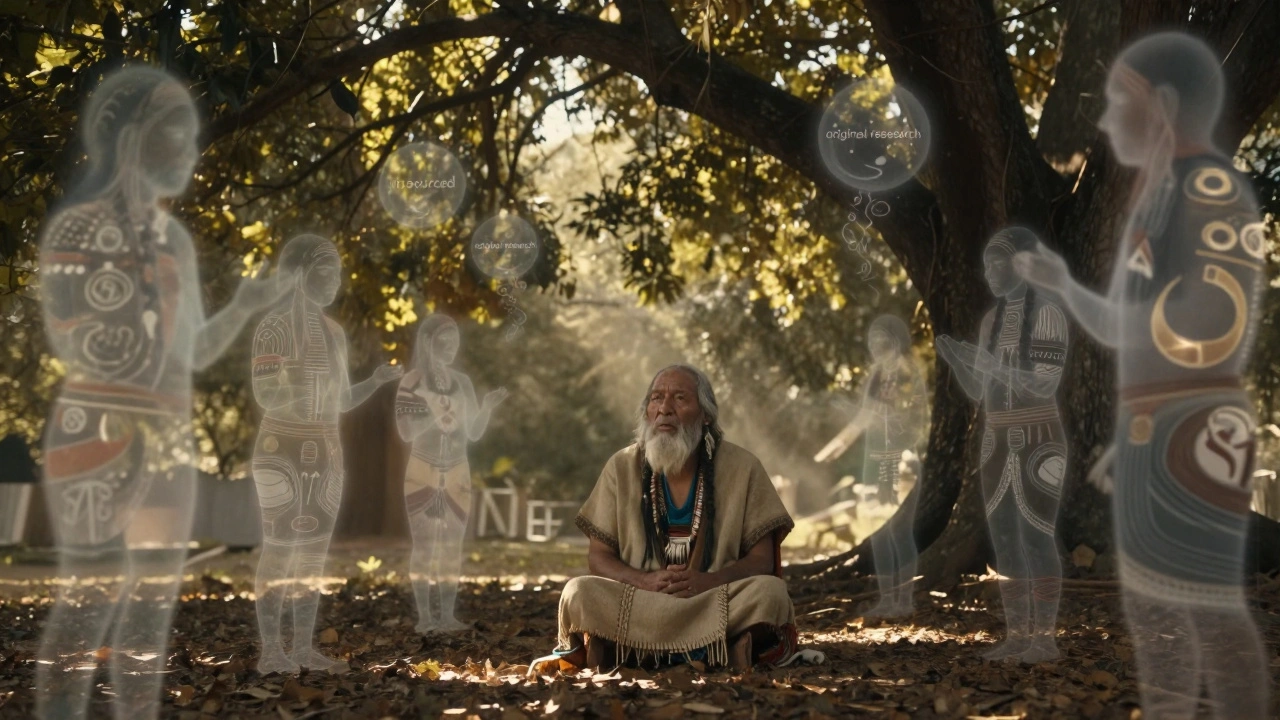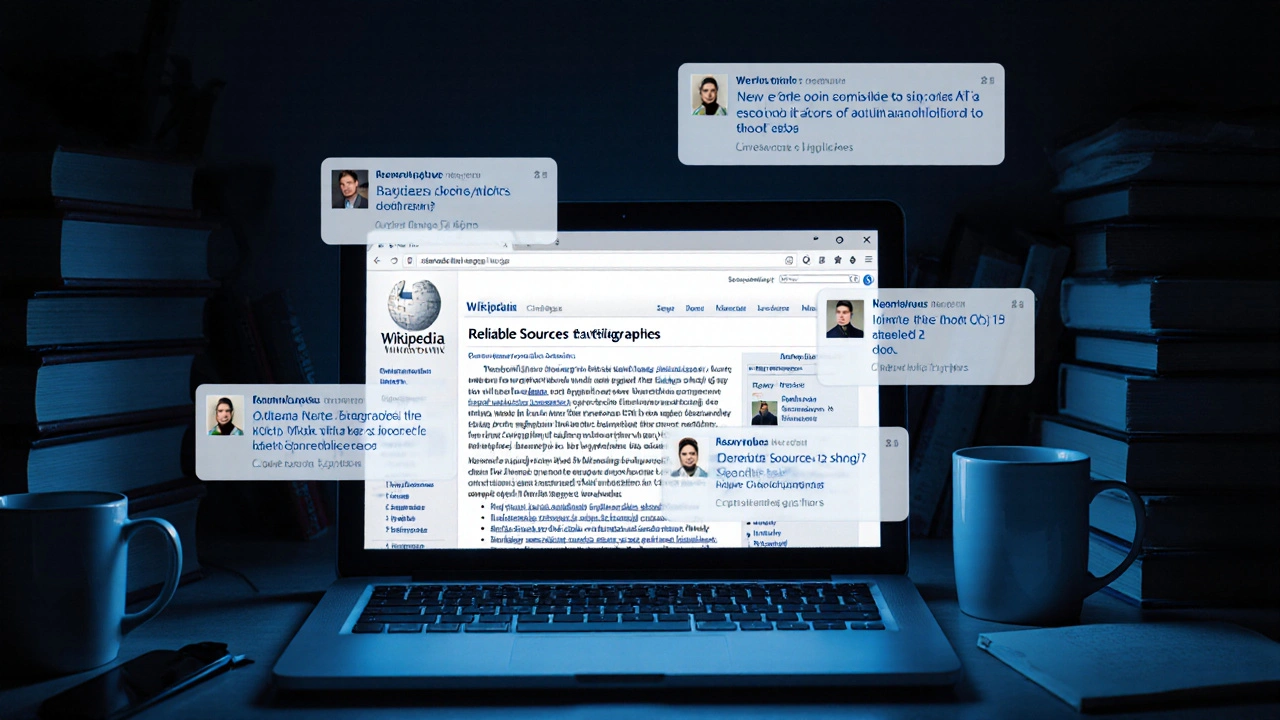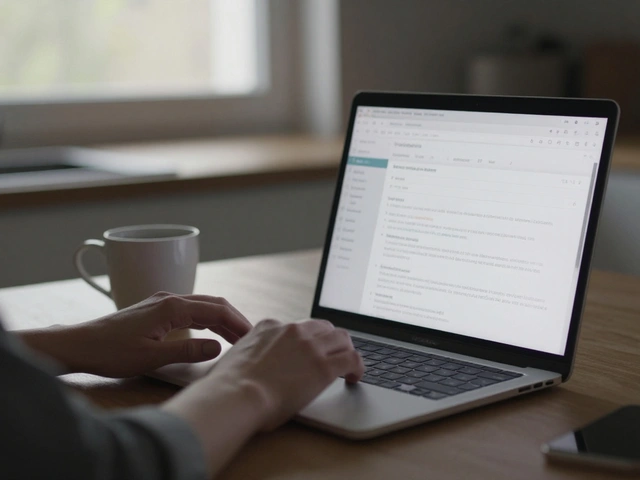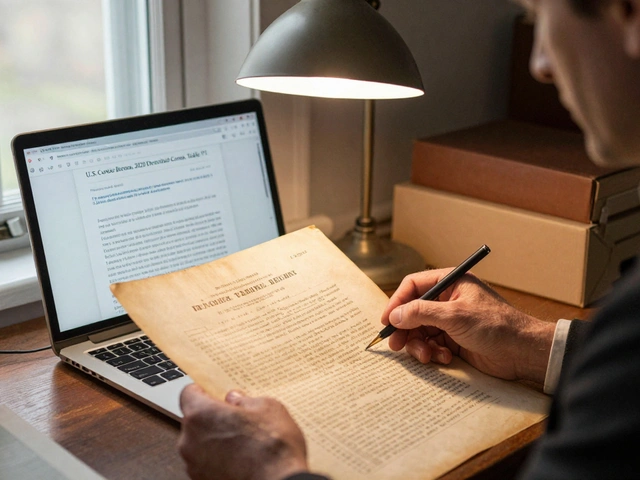Wikipedia policies: How rules keep the world’s largest encyclopedia accurate and fair
When you read a Wikipedia article, you’re not just seeing facts—you’re seeing the result of Wikipedia policies, a set of community-driven rules designed to ensure accuracy, neutrality, and reliability. Also known as Wikipedia guidelines, these policies aren’t written by executives or algorithms—they’re shaped by hundreds of thousands of volunteers who argue, edit, and revise every day to keep the site trustworthy. Without them, Wikipedia would be a mess of opinions, rumors, and corporate spin. Instead, it stays the go-to starting point for millions because these rules force clarity, evidence, and fairness.
These policies don’t work in a vacuum. They rely on other key systems like reliable sources, the standard for what counts as credible information on Wikipedia. Also known as verifiable sources, this rule means you can’t just cite a blog post or a tweet—you need books, peer-reviewed journals, or established news outlets. Then there’s Wikipedia neutrality, the policy that demands articles reflect the balance of published opinion, not personal bias. Also known as neutral point of view, it’s why controversial topics don’t become propaganda wars. And underpinning it all is due weight, the rule that ensures minority views aren’t ignored, but also aren’t given equal space to majority evidence. Without these, even the best-intentioned edits could mislead.
These aren’t abstract ideas. They’re the reason a local historian can get their town’s founding documented, why a journalist can trace a fact back to its original source, and why a student doesn’t walk away with false information. They’re also why Wikipedia fights back against copyright takedowns that erase history, why AI-generated summaries are checked for misleading citations, and why volunteers spend hours cleaning up biased language or fixing broken links. The system isn’t perfect—it’s messy, slow, and sometimes frustrating—but it’s built to be fairer than any corporate algorithm.
What you’ll find below isn’t a list of dry rules. It’s a collection of real stories about how these policies play out: how they protect Indigenous voices, how they handle harassment, how they keep AI from rewriting history, and how they turn volunteer effort into global knowledge. These are the policies that make Wikipedia more than a website—they make it a living, breathing community.
Civility Sanctions on Wikipedia: Where Lines Are Drawn
Wikipedia enforces civility to keep collaboration alive. Sanctions aren't about being polite-they're about preventing toxic behavior that drives away editors and undermines the encyclopedia's accuracy.
Policy Case Studies: BLP Reforms and Aftermath on Wikipedia
Wikipedia's BLP policy reforms since 2006 have made biographies safer but less inclusive. Learn how changes in sourcing, protection, and equity efforts shaped modern editing practices and who gets left behind.
What Wikipedia Administrators Do: Roles and Responsibilities Explained
Wikipedia administrators are unpaid volunteers who maintain the site by enforcing policies, handling vandalism, and mediating disputes. They don't decide what's true-they ensure rules are followed.
Regulatory Pressures: How Content Moderation Rules Are Changing Online Encyclopedias
Regulatory laws are forcing online encyclopedias like Wikipedia to change how they handle edits, sources, and content removal. What once was open collaboration is now a legal minefield.
Common Policy Mistakes New Wikipedia Editors Should Avoid
New Wikipedia editors often make avoidable mistakes like using biased language, adding unreliable sources, or ignoring notability rules. Learn the top policy errors and how to fix them to keep your edits live.
Living Policy Documents: How Wikipedia Adapts to New Challenges
Wikipedia's policies aren't static rules-they're living documents shaped by community debate, real-world threats, and constant adaptation. Learn how volunteers keep the encyclopedia accurate and trustworthy.
How Language-Specific Policies Differ Across Wikipedias
Wikipedia's policies vary dramatically across languages due to cultural, legal, and political differences. What's allowed on English Wikipedia may be banned on Arabic or Russian versions. Understanding these differences reveals how knowledge is shaped by context.
Five Pillars of Wikipedia Explained for New Editors
Learn the Five Pillars of Wikipedia that guide every edit-encyclopedia content, neutrality, free licensing, civility, and flexibility. Essential reading for new editors who want to contribute effectively.
How Wikipedia Protects Biographies of Living Persons from Abuse
Wikipedia protects biographies of living persons with strict sourcing rules, automated bots, edit restrictions, and volunteer moderators to prevent false or harmful edits. It’s not perfect-but it’s one of the most reliable systems online.
How Wikipedia Resolves Editorial Disagreements: The Real Process Behind Editorial Consensus
Wikipedia resolves editorial disagreements through consensus, not votes. Editors use policies, talk pages, and mediation to agree on accurate, sourced content. Learn how real people build reliable information together.
How Wikipedia Policies Exclude Oral Traditions and Local Knowledge
Wikipedia's reliance on written sources excludes oral traditions and local knowledge, silencing cultures that don't fit its rigid verification standards. This isn't neutrality-it's systemic bias.
How Wikipedia Policies Are Developed and Approved
Wikipedia policies are created and updated by volunteers through open discussion, not top-down decisions. Learn how consensus, transparency, and community experience shape the rules behind the world's largest encyclopedia.
